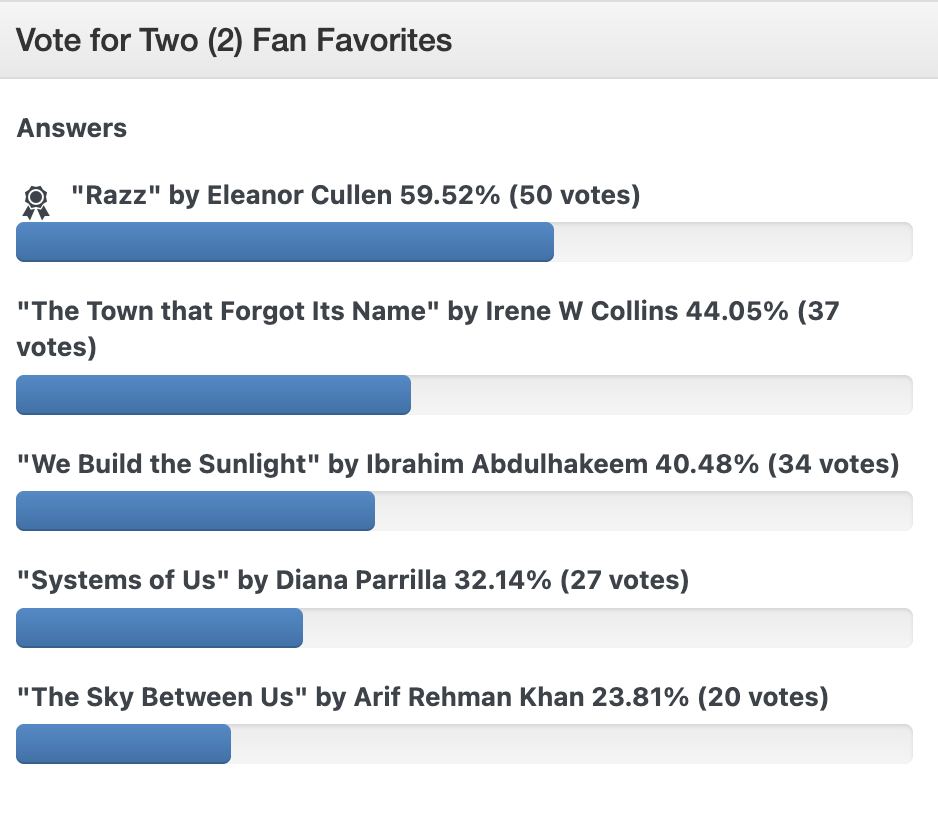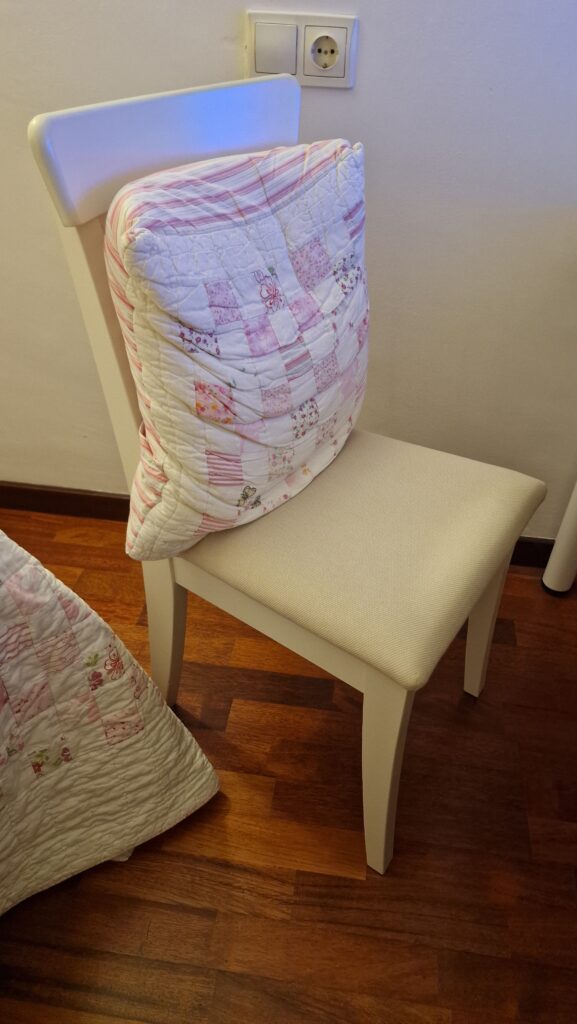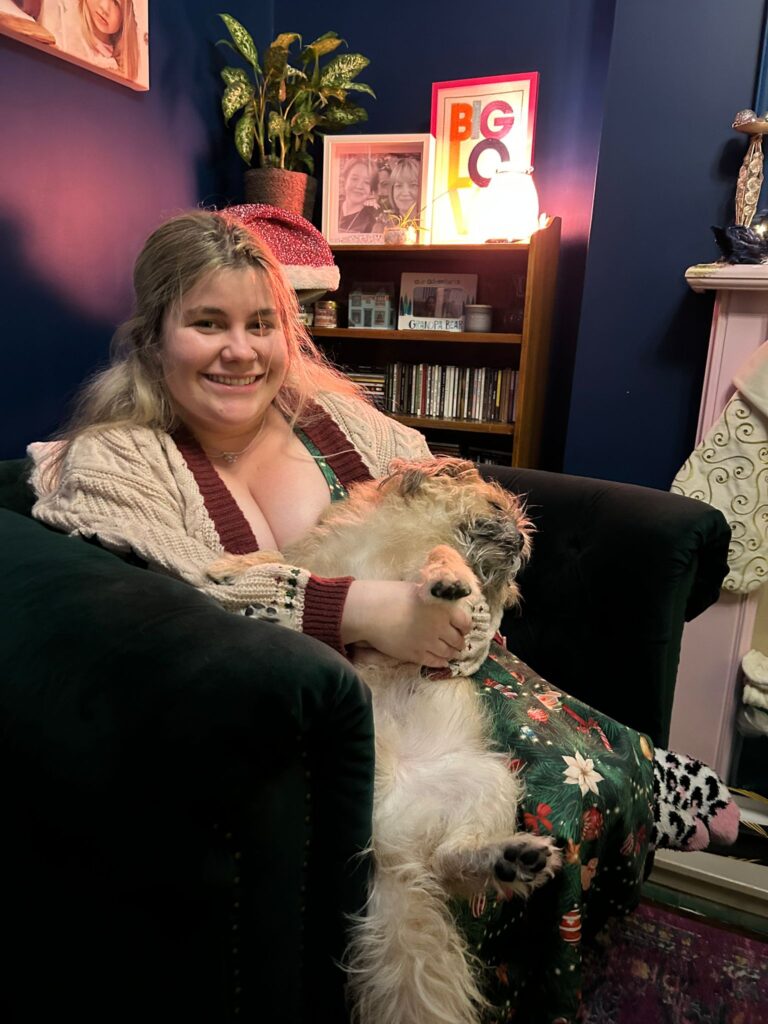by Arif Rehman Khan
1. The Chair in the Square
posting January 3rd
2. When We Spun Together
posting January 4th
3. The Sky Between Us
posting January 5th
1. The Chair in the Square
The first time I saw the chair spin, it was at dawn, when the fog still clung to the cobblestones like breath. I had carved it in mourning—an oak monument for the child my wife and I had lost to winter. The townsfolk thought it a foolish thing, placing a chair in the middle of the square, facing no door, no altar, no home.
But I needed something to hold the silence. So I built it wide enough for the wind to rest upon, sturdy enough for sorrow. I left it there, beneath the great clock tower, and went home to sleep.
The next morning, people said the stars had moved—drawn closer, like a curtain folding. At midnight, the constable swore he’d seen the chair spin once, slowly, as though someone unseen had sat in it and turned toward the heavens.
Soon, everyone came to touch it. Mothers with their infants, soldiers leaving for the frontier, beggars seeking luck. And each time the chair spun, something shifted above—the moon trembled, clouds broke apart.
The mayor ordered me to explain it. I told him it was only wood and grief. But in truth, I no longer knew what I had built. All I knew was that every time it turned, the air grew lighter, as if the town itself were learning to breathe again.
Years later, when my wife died, they buried her facing the chair. On the night of her burial, it spun so fast the clock tower’s hands shook loose. The next morning, the townsfolk found me sitting there, whispering her name into the wind.
They say the stars rearranged themselves into her likeness. I do not remember. Only that, when the chair stopped, I finally felt the weight of silence lift.
2. When We Spun Together
My grandmother said the chair used to sing when the stars were kind. By the time I was born, it had gone quiet, standing crooked in the square like a tired sentinel.
We were children then—my friends and I, full of small rebellions. One summer night, during a power outage, we dared each other to sit on it. The air smelled of wet stone and mango peels. I was the first to climb up.
It was heavier than it looked, its arms worn smooth by years of hands. When I turned it gently, the sky above rippled—as if someone had thrown a pebble into the firmament. My friends gasped. A pulse of light bloomed and faded.
From that night onward, the chair became ours. We spun it every evening, whispering our wishes into the dark: to pass our exams, to heal a sick parent, to find courage. And sometimes, the sky answered.
But everything changed the night we spun it too long. A wind rose—not from the sky, but from beneath the ground. The church bell rang though no one pulled its rope. I remember my friend Laila crying out, “Stop! It’s listening!”
We ran, and when we returned the next day, the chair was gone. Only the circular groove remained, pressed deep into the cobblestones.
Years later, when the town rebuilt the square, they found fragments of it buried under layers of dust. My grandmother said it had folded itself into time, waiting for us to grow up.
She was right. Because some nights, when the wind changes, I hear a faint spinning sound—like a lullaby sung by the stars.
3. The Sky Between Us
I returned to the town after twenty years abroad. The old square had changed—coffee kiosks, neon signs, tourists taking selfies where our childhood ghosts once played. But the sky… the sky was the same.
The night I arrived, a storm was coming. Lightning branched like veins across the horizon. I found the excavation site where they’d unearthed the remnants of the chair. It sat now in a glass case, its arms broken, its seat engraved with names I did not remember.
As I stood there, the wind picked up—carrying dust, prayer, and laughter. And then I saw them: silhouettes gathering around the case. Old faces, familiar smiles, and those I thought I’d lost.
Someone whispered, “Spin it.”
Without thinking, I touched the glass. It trembled, then cracked—not violently, but like ice thawing in sunlight. The chair within began to turn, impossibly whole again. The storm paused; raindrops hung in the air like suspended pearls.
And for a moment, I felt everything—the grief of the craftsman who built it, the wonder of the children who found it, the hope of a town that refused to forget.
When it stopped, the glass was intact once more. But the sky had changed. The stars formed a circle, glowing faintly like a heartbeat.
Now, when I close my eyes, I see them spinning still—a constellation shaped like a chair, like an embrace. The sky between us no longer divides. It connects.
Back to the 2026 Flash Suite Contest
What’s New at Defenestrationism.net
home/ Bonafides

 by
by 





 by
by 




Our sphere